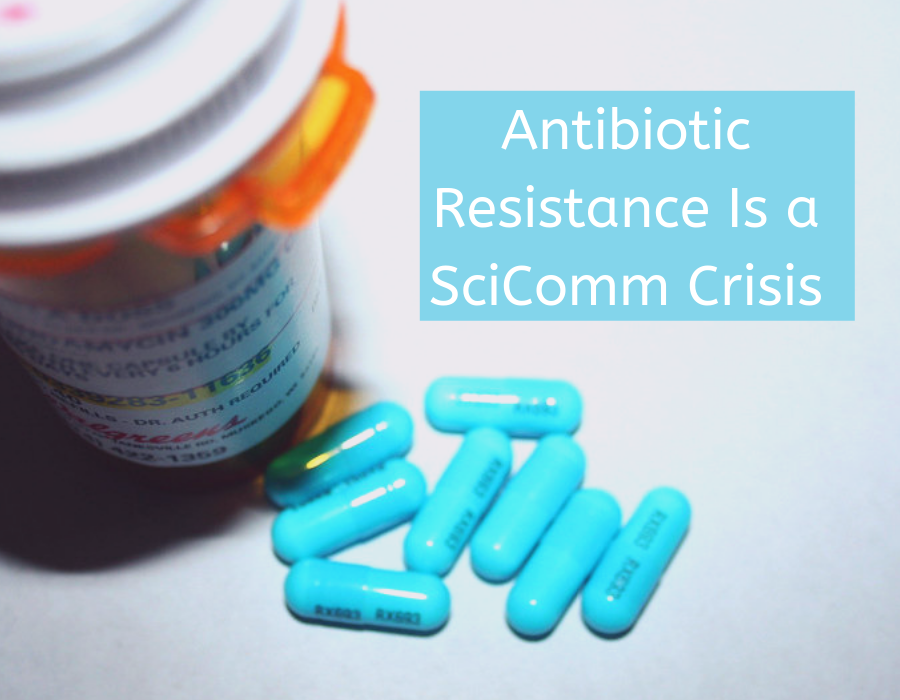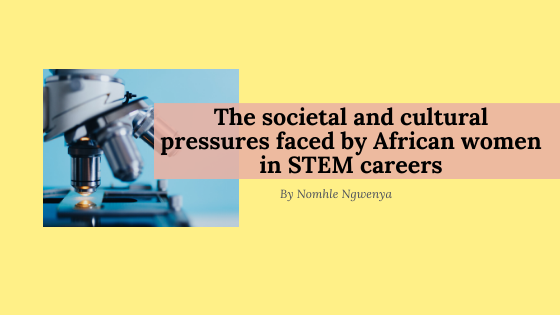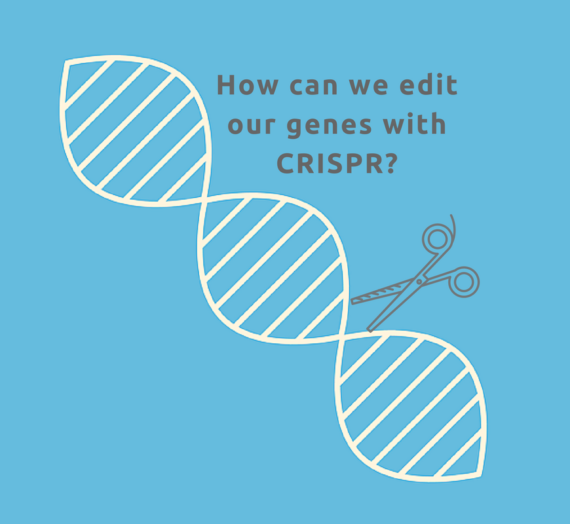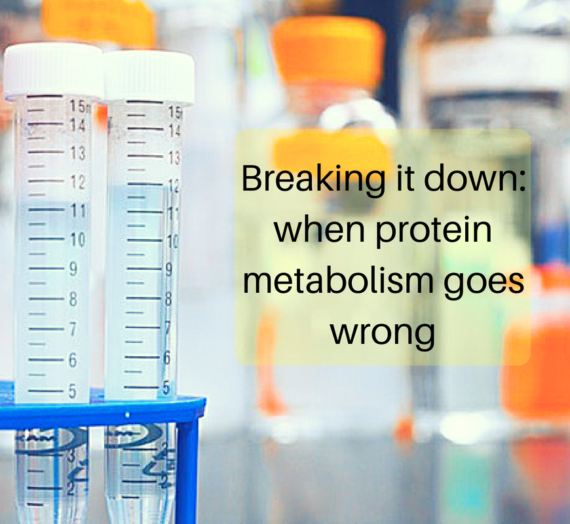This week, Dan Evans talks us through the current drug resistance crisis, and how researchers need to step up their SciComm game in order to tackle the problem.
Eighteen months ago, I argued in an opinion piece that to solve the growing problem of antibiotic resistance, we needed help from everyone, not just physicians and scientists. Today, I’m correcting a massive oversight that I only recently realized I made: that to get everyone else’s support, those of us who study antibiotic resistance need to get much, much better at scientific outreach.
In early April, American media blew up in response to two New York Times reports on Candida auris, an increasingly prevalent and dangerous healthcare-associated fungal pathogen. Despite being two months old, these articles have kept circulating, thanks to their authors dedicating themselves to an extensive series on drug-resistant infections. “A Mysterious Infection, Spanning the Globe in a Climate of Secrecy” was a concise, informative summary of the problem that the fungus imposes on our healthcare infrastructure. The article, published by award-winning reporters Matt Richtel and Andrew Jacobs on April 6, was a solid piece of science journalism, albeit a little fear-mongering in places. But hey, I won’t fault anybody for wanting to discuss an issue that does need more attention and funding, and the article presented the issue in an encouraging light of “this is a problem, but experts are working on it.”
The second article painted a much more worrying picture. In Richtel’s follow-up solo piece – “Candida auris: The Fungus Nobody Wants to Talk About” – he documented the roadblocks he kept hitting when putting together his first article, as many of his leads kept ignoring his calls, backing out of interviews, and even denying his requests to try to avoid bad press about infection rates. Based on these personal experience, Richtel concluded (not altogether unreasonably) that experts don’t want to talk to the press about C. auris and other drug-resistant pathogens.
To a lay audience, the conclusions Richtel drew in the second article all but derail the subtext of the first. What’s happening if experts are reportedly aware of the problem, but they don’t want to talk about what they’re doing, is the problem not being solved? Or worse, are they not even trying to solve it? Is there some reason why I shouldn’t trust the doctors who are supposed to save my life when I get infected? This second article terrified me, not because anything in it was inherently non-factual or unethical, but rather because it exposed the dangers of the antibiotic resistance field being too lax in public outreach. It laid bare a fundamental problem that many of us are not well prepared to solve: we need to take SciComm much more seriously.
It’s pretty easy for those of us who work on healthcare-associated drug-resistant “superbugs” to criticize these articles (and some criticism of these articles did emerge shortly after they were published). In general, throwing scary facts and disconcerting speculations at a lay audience often does science more harm than good. And to those of us in the field, it does seem natural to be avoid talking to reporters about the difference between colonization versus infection, the variable risks to patients based on their immune health, and other nuanced points that would likely be lost in the quest for hot quotes and punchy headlines. The last thing we want is for our attempted words of reassurance to be twisted against us, damaging our work even further.
So, we retreat back into our labs and offices, grumble about another reporter misrepresenting the important details of our meaningful work, and get caught up so deeply in our results that we forget that anything was reported in the first place. And therein lies the risk of our downfall. Because we are so steeped in the details of our research and clinical case reports, we fail to take a step back from our tunnel-vision perspective and consider how non-experts might remember these stories. We forget that the general public only encounters (and remembers) antibiotic resistance when they read news articles like those by Richtel and Jacobs, or when they or a loved one contract a drug-resistant infection. We forget that to those outside our field, the word “superbug” invokes fear, not fascination. So when reports that question our commitment to and efficacy of our work make headlines, our default reaction is to dismiss the journalists, rather than to, for example, make changes to improve the generally negative reputation about the successes of antimicrobial stewardship.

Yes, there were several well written, informative responses to Richtel and Jacobs, but if there’s anything that the 2016 election should have taught us, it’s that when it comes to civic policy, whatever sticks in people’s heads first, will stick the longest. It’s not enough to scramble ourselves to respond to concerning reports in a post-truth world – we need to initiate more discussions about our successes and our value with policymakers and the public alike.
By not being proactive enough about our own public (read: non-scientist) relations, we are complicit in fostering the same mixture of damaged professional reputations and nagging public doubts that facilitated the rise of the modern anti-vaccine movement (you can listen to my similar thoughts on that crisis here). If we don’t start beating mainstream news outlets to the punch about the benefits and successes of our work, we could soon be asking ourselves why government agencies with disproportionately few scientists cut support for our work, or be baffled why the generally favorable public opinion for the field starts to turn.
At the end of the second New York Times article, Matt Richtel said that his motivation was to get people talking. But we need to get people doing. We need more physicians, scientists, and infection preventionists to proactively engage with the public about their work on antibiotic resistance. We need to encourage SciComm as an integral part of our work, to rally around the countless patients who have “superbug stories”, to build support for effective local and federal policies. We need to reject the notion that talking to non-experts is beneath our worth, because non-experts are the ones who fuel the political and financial support that is essential to find solutions to drug resistance.

Dan Evans is a laboratory specialist in the Division of Infectious Diseases at the University of Pittsburgh School of Medicine. He has a Biology degree from Carnegie Mellon University and is currently working towards a master’s in Infectious Diseases and Microbiology at the University of Pittsburgh. His research focuses on the epidemiology of mobile genetic elements and the use of bacteriophages as therapies for drug-resistant infections. Outside of science, Dan is a bagpipe band snare drummer, competing and instructing across the mid-Atlantic and midwestern United States, and occasionally in Scotland. You can find him on Twitter at @DanEvansR





